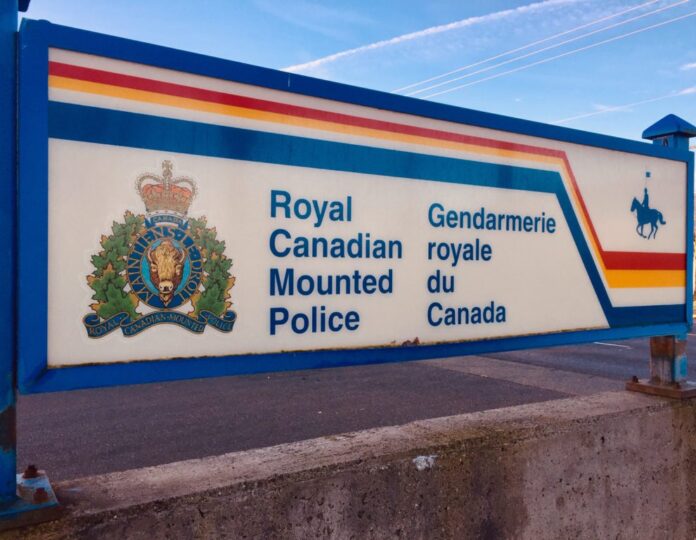The latest census data shows that the official population of Duncan has now climbed above 5000.
That small bump in population means the city will begin paying 70-percent of the costs of policing.
The other 30-percent will be picked up by the federal government.
The 2021 Census shows the city has 5047 residents, up from 4,944 in the 2016 Census.
The City of Duncan was expecting the change because of the pace of development in recent years.
Negotiations with the province will be held to determine how many police officers will be included in a policing agreement.
Duncan also has to negotiate with North Cowichan to determine its contributions to the operating costs of the RCMP detachment building, including future costs for the new building being built on Drinkwater Road.
During the 2022 budgeting process, city staff made estimates and prepared for the extra costs.
The planning assumed that beginning in April of this year, the City would be required to pay for eight officers at a cost of $169,312 per officer per year.






